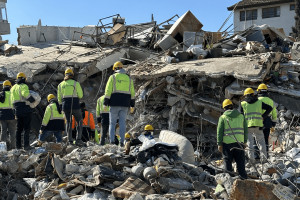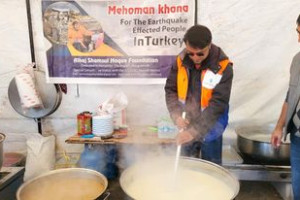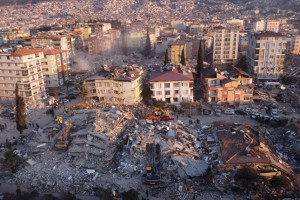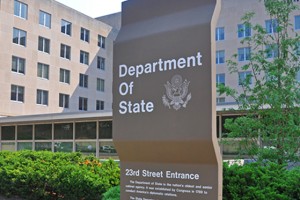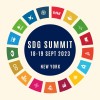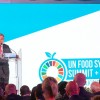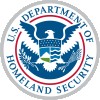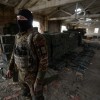Gaza’s children running out of time; Water shortages spark disease alarm:UNICEF
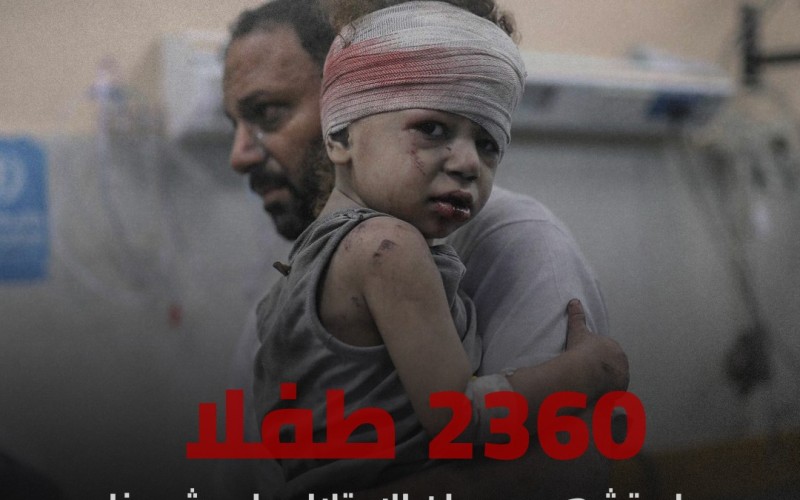
GENEVA, 21 November 2023 – As the conflict in Gaza intensifies, children face a dire threat to their health and well-being due to severe restrictions on access to water and sanitation. The situation is further exacerbated by the ongoing fuel shortages, which hinder the operation of water and sanitation facilities.
"If children's access to water and sanitation in Gaza continues to be restricted and insufficient, we will see a tragic – yet entirely avoidable – surge in the number of children dying," warned James Elder, UNICEF's Spokesperson for the State of Palestine.
The lack of adequate water and sanitation facilities has created a breeding ground for waterborne diseases, with cases of diarrhoea among children under five increasing by almost ten times the monthly average. Additionally, children are at risk of contracting scabies, lice, chicken pox, skin rashes, and respiratory infections.
"It is important to remember the emergency threshold of a minimum amount of water per person per day – be it in war or famine-like conditions – is 15 litres. That is, to drink, to clean, to cook – all critical to prevent waterborne and other infectious diseases," Elder emphasized.
In some parts of Gaza, particularly in the north, people struggle to access even three liters of water per day. This severe shortage has a devastating impact on children's health and well-being.
UNICEF calls on all parties to the conflict to immediately provide safe and unimpeded access to water, sanitation materials, and fuel for the operation of critical water and sanitation facilities. The organization also urges for a humanitarian ceasefire and the immediate and safe release of all abducted children.
"Without these urgent actions, the world will witness the preventable deaths of countless children in Gaza," Elder concluded.
Key Points:
Children in Gaza face a severe water crisis due to restrictions and fuel shortages.
The lack of water and sanitation has led to a tenfold increase in diarrhoea cases among children under five.
Children are also at risk of contracting other diseases such as scabies, lice, chicken pox, skin rashes, and respiratory infections.
UNICEF calls for immediate action to ensure children's access to water, sanitation, and fuel.
The organization also urges for a humanitarian ceasefire and the release of abducted children.




